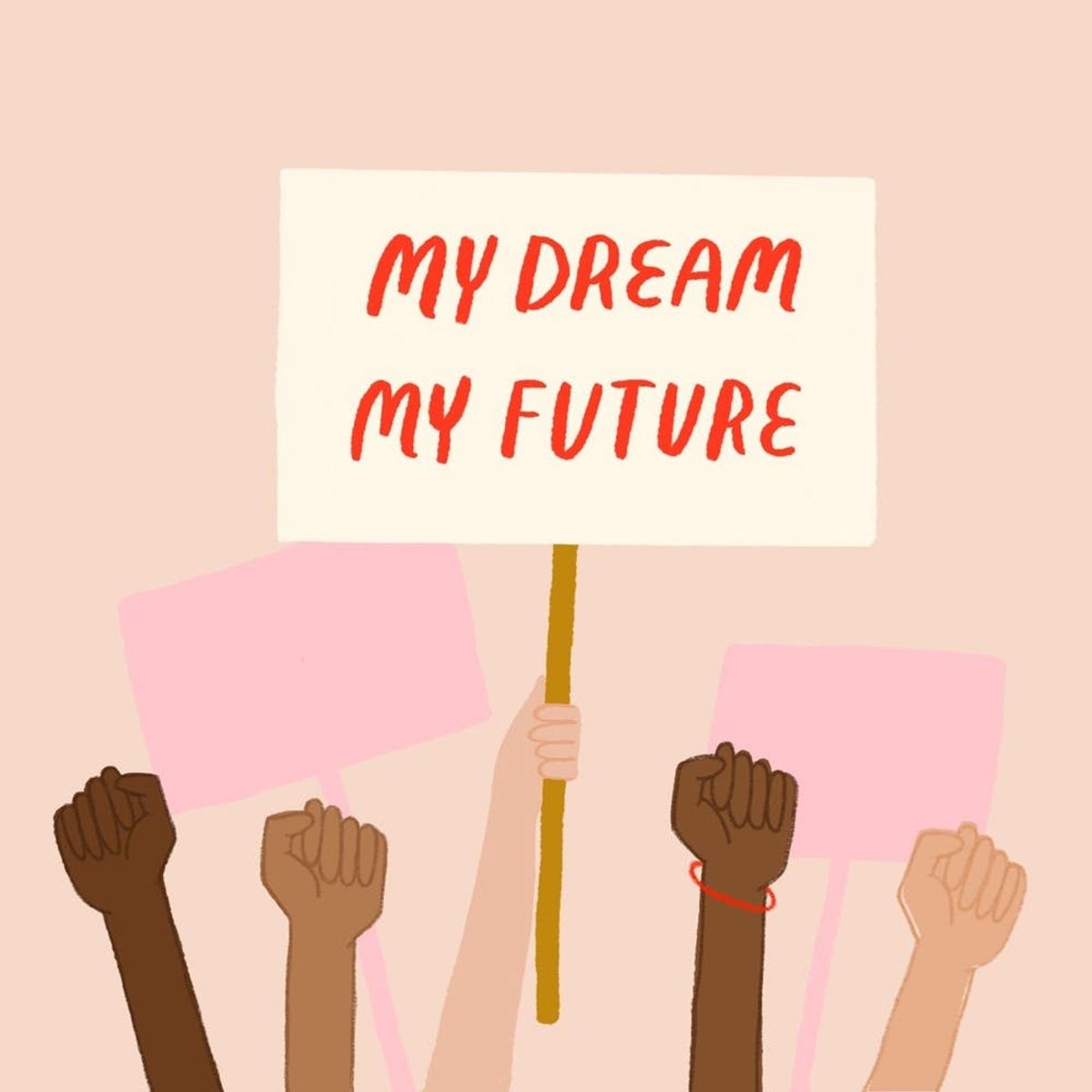As a nation, we were historically entering a new age of political activism, and it’s imperative no underrepresented groups are left behind.
Opinion: It’s Time to Remember the Legacy of Asian-American Activism in the US


I never talk politics around family. It’s easier to delude myself into thinking that we share similar opinions in addition to an ancestral history and that living nearly two decades under the same roof constitutes common moral beliefs.
My identity is, in itself, political. As a Vietnamese-American woman, I grew up surrounded by recollections of a war decades before my birth; yet, I grew up never realizing my identity’s potential for activism and advocacy. Students are too often taught US history from the perspective of white historians who were only able to spare a few textbook pages for pivotal moments like the Civil Rights Movement, the feminist movement, and the Chicano movement.

There is no mention of Asian-American activism, and at the time, the concept of pan-Asian advocacy was so radical to me, so unlike the model minority myth perpetuated, that I couldn’t imagine it a historical reality.
But it was. The term “Asian-American” was coined to present a unified pan-Asian front against civil injustices, racism and imperialism in America in the 1960s. Many activists stood in solidarity with other groups to advocate for similar rights. Richard Aoki was one of the founding members of the Black Panther party, a black revolutionary party created to protect black neighborhoods from police brutality. Yuri Kochiyama was a civil rights activist and friend of Malcolm X. Thousands of college students began protests for the development of ethnic studies and spread the Asian American movement nationwide.
Following the 2016 presidential election cycle, I was excited to see the growth in Asian-American activism, as many of us stood in solidarity with other ethnic minorities on issues of immigration, police brutality, xenophobia and more.
Japanese-Americans stood in solidarity with Muslims, rejecting the notion of a Muslim registry proposed by the Trump administration. Asian-Americans protested the repeal of the Deferred Action for Childhood Arrivals (DACA) program and the ICE raids that tore apart families. As a nation, we were historically entering a new age of political activism, and it’s imperative no underrepresented groups are left behind.
Yet, the dialogue within the Asian-American community, specifically with older Asian immigrants, is still rife with racial prejudice, colorism, homophobia, and xenophobia. I don’t have to look beyond the Vietnamese community I was born and raised with, in Southern California, to recognize these deep-seated prejudices.
In Vietnamese culture, where tight-knit family relations are prized, homosexuality is often deemed unacceptable and even viewed as a Western illness. Many in the Vietnamese community held the notion that most immigrants were bad, except for Asian immigrants (like themselves), and colorism — a bias towards whiter skin as an indicator of higher socioeconomic status — is rife within most Asian communities.
Global studies have also revealed similar sentiments. A 2013 Pew Research Center survey revealed rejection of homosexual values primarily in Asia and the Middle East. And 77 percent of Asian participants in a 2016 study responded they would be upset if their child exhibited homosexual tendencies, according to the ILGA.
Prejudices against other ethnic minorities also exist among Asians, specifically towards black and Latino minorities, and studies have revealed Asian-Americans have strong internalized feelings of racial hierarchy, even among themselves.
In spite of these attitudes — which are generally held by the older, more conservative members of Asian communities — young Asian-Americans should strive to uphold the legacy and embody the energy of the original Asian-American “yellow power” movements. The model minority myth has been falsely perpetuated far too long by mushing the Asian community into one “honorary” white, wealthy, well-educated group to divide them from other ethnic minorities.
It’s time for Asian-Americans to stand in solidarity with their minority counterparts and speak out against institutionalized racism and marginalizing policies. It’s time for our voices to be heard, not only collectively, but also intersectionally.
It’s not enough to be passive. As Japanese-American poet Amy Uyematsu writes, “Asian Americans can no longer afford to watch the black‐and‐white struggle from the sidelines. They have their own cause to fight, since they are also victims – with less visible scars – of the white institutionalized racism.”
Terry Nguyen is a journalist working at the intersection of print & digital mediums. She’s currently studying political science at USC, and will be in Washington D.C. this summer with the Washington Post.
(Illustration by Sarah Tate / Brit + Co)


















